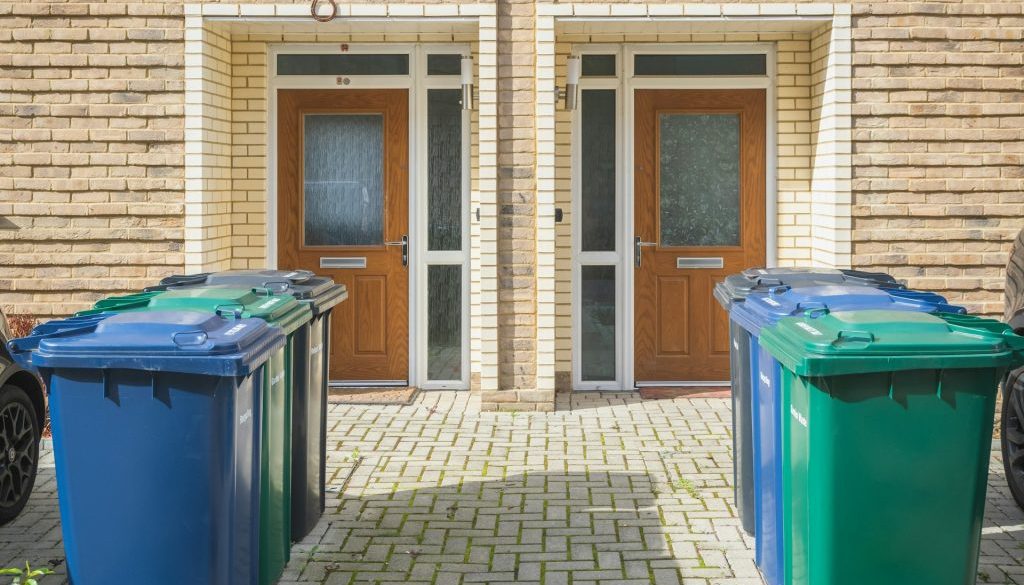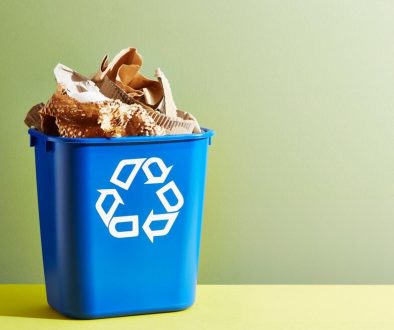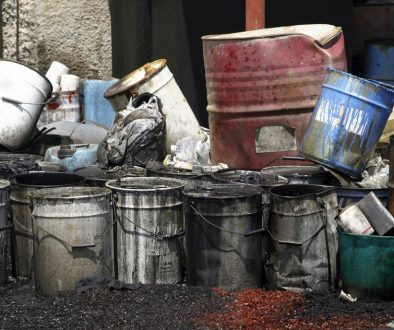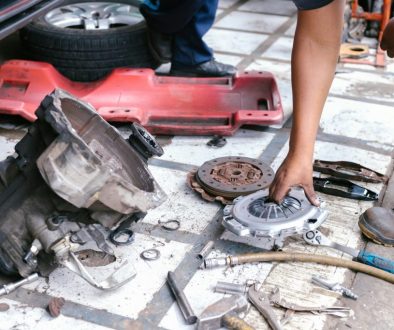As homeowners and property developers become more conscious of their environmental footprint, adopting eco-friendly practices during renovations is essential to minimise waste, conserve resources, and maintain the long-term sustainability of our planet. At Enviro Skip Hire, we understand the importance of responsible waste management during refurbishments and are committed to providing you with the know-how to renovate responsibly.
In this guide, we will walk you through the essential elements of eco-friendly refurbishments, from selecting sustainable building materials to implementing waste management solutions like recycling and skips for an organised and environmentally-friendly renovation process. By embracing these practices, you can not only transform your property but also contribute to a greener future for our planet.
As experts in waste management, we are dedicated to providing homeowners, builders, and property developers with the tools and resources necessary for successful eco-friendly renovations. From skip hire services tailored to your needs to the supply of recycled aggregates and advice on recycling opportunities, our team is here to guide you through the process of minimising waste and adopting sustainable refurbishment practices.
1. Choosing Sustainable Building Materials
The first step towards eco-friendly refurbishments is selecting sustainable building materials that have the least impact on the environment. Here are some key factors to consider:
– Source locally: Sourcing materials from local suppliers reduces the environmental impact associated with transportation and supports the local economy.
– Opt for recycled or reclaimed materials: Choose materials that have been salvaged, recycled, or repurposed to minimise resource consumption, waste, and energy use.
– Prioritise durability: Select high-quality, durable materials that are less likely to require replacement, thus reducing long-term waste generation.
– Consider energy efficiency: Look for energy-efficient materials that provide good insulation and can help conserve energy in the long run.
2. Implementing Effective Waste Management Solutions
Proper waste management is crucial during any refurbishment project. Eco-friendly waste management practices include:
– Efficient waste sorting: Sort waste materials by type, separating recyclable rubbish from non-recyclables and disposing of each category appropriately.
– Skips for convenient disposal: Renting a skip can help you keep construction waste in one location, making it more manageable and easier to recycle or dispose of responsibly.
– Recycling: Seek out recycling opportunities for various materials, such as wood, metal, plastic, and glass, to minimise waste generation and make the most of available resources.
3. Reducing Environmental Impact Through Efficient Planning
Careful planning can help minimise the environmental impact of refurbishment projects and avoid unnecessary waste generation. Consider the following tips:
– Assess the existing structure: Identify salvageable materials and features that can be repurposed or incorporated into the new design to reduce resource wastage.
– Estimate material requirements: Calculate the exact amount of materials needed for the project to avoid over-ordering and waste generation.
– Use digital tools: Utilise digital design tools and software to plan, model, and estimate material requirements accurately and to streamline the construction process.
4. Supporting Eco-conscious Suppliers and Contractors
Working with suppliers and contractors who share your commitment to sustainability ensures that your renovation project aligns with your eco-friendly goals. Look for businesses that:
– Use sustainable materials: Choose suppliers who provide sustainably sourced materials and have transparent environmental policies.
– Follow responsible waste management practices: Collaborate with contractors who prioritise efficient waste management, recycling, and eco-friendly practices on-site.
– Have green credentials: Partner with businesses that have recognised green certifications or a track record of sustainable projects.
Conclusion
Eco-friendly refurbishments not only contribute to a greener world but also add long-term value to your property through enhanced energy efficiency and reduced maintenance costs. By choosing sustainable building materials, implementing effective waste management solutions, and supporting eco-conscious suppliers and contractors, you can make responsible renovations a reality.
If you’re planning an eco-friendly refurbishment and are looking for expert advice on waste management and sustainable practices, please do not hesitate to contact our local skip hire company. Enviro Skip Hire is here to support your commitment to responsible renovations and help you create a more sustainable future.




